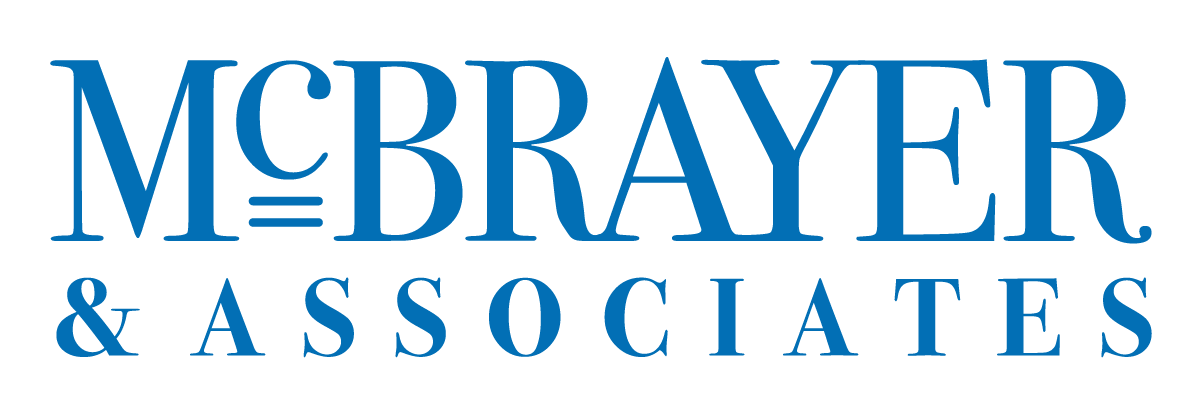The Key to an Effective Sales Proposal

Effective sales proposals are great presentations, but they’re also so much more than that. They involve psychology, storytelling, and inspiring your audience to respond to your call to action. Essentially, it’s all about striking at the root of emotion!
As sales professionals, we want to transfer emotions from ourselves to the buyer. In order to achieve this main objective—the transfer of emotions—we must craft a message that resonates, a story, and then move the buyers to action.
Many sales presentations only convey data. Conveying data does not inspire. What we should do instead is take all the facts and circumstances that we have learned about the buyer’s situation and craft a story that persuades the buyer to take action.
Make it Easy on the Buyer
Our audience has been conditioned by television and media not to think too much, because thinking is hard and even painful. Our objective in the sales presentation is not to make your buyer think, but to make it easy to grasp complex ideas.
The ultimate combination, or the way to move people, is to appeal to their emotion and rationalize with logic. We want to chunk pieces of logic into easy-to-digest morsels, and put them in an order that follows a narrative.
Thinking can be actually painful, not to mention confusing and misleading. The goal of the effective presenter is to use the data we collected in previous steps to create a story. The story you craft should lead to one conclusion.
Tell a Story
The person who is able to tell an effective business story is in command, and he or she earns the confidence of the audience.
Effective sellers use the facts they’ve discovered and convey them in an easy-to-follow and motivational call to action. When salespeople take control, they provide a journey that gives the audience the psychological comfort to say “Yes” to the call to action. However, they make sure to avoid the top five mistakes of the business proposal in the process.
Conclusion
My job is to help you persuade your audience every time. We will use everything you have learned up to this point as material for creating a great story. Most business people do not know how to tell their story—and what’s worse is they don’t know that they don’t know. What does this mean for you? You’ll have a great advantage once you get your story down.
